GCSE British Sign Language (BSL) proposed subject content
Overview
We're seeking views on the proposed subject content for a new GCSE in BSL.
Why your views matter
We have worked with experts and stakeholders to develop subject content for a new GCSE in BSL. The GCSE aims to provide a knowledge rich, coherent, satisfying and worthwhile course of study. The primary focus of the GCSE is language study. Pupils will be required to comprehend BSL, produce signs accurately and interact using BSL. Pupils will also develop an understanding of the history of BSL.
Findings from this consultation will be taken into account when finalising the subject content.
A link to the related government consultation document, the proposed subject content and the equalities impact assessment (a written and BSL video version) can be found under the 'related' header below.
Audiences
- 16-18 year old students resident at these institutions
- Academies (including free schools), voluntary aided schools, voluntary controlled schools, foundation schools and community schools
- Adoptive parents
- Adult and mental health practitioners
- Adult education providers
- All
- Bodies representing schools and local authorities
- CAMHS
- Clinical commissioning groups
- Community representatives
- Contractors involved in building schools
- Designated institutions and 16-19 academies
- Designated safeguarding leads
- Directors of children's services
- Early learning and childcare providers
- Educational Psychologists
- Employers
- Faith bodies
- Film Industry representatives
- Fire sector
- Foster carers
- Further education colleges
- Governing bodies and academy trusts
- Government bodies and departments
- Governors
- Headteachers
- Health visitors
- Independent specialist colleges
- Local authorities
- Parents
- Principle social workers
- Pupils
- School business managers
- School nurses
- School support staff
- SENCOs
- Service managers
- Sixth form colleges
- Social workers
- Social workers
- Teachers
- Team managers
- Those evaluating programmes for children in need
- Those involved in underlying theoretical research on abuse and neglect, child development etc
- Those researching children’s social care or education systems, with links to educational outcomes of Children in Need
- Training providers
- Unions and representative organisations
- Universities
- Virtual school heads
- Volunteers
- Young people
Interests
- Education
- GCSE subject content

Share
Share on Twitter Share on Facebook